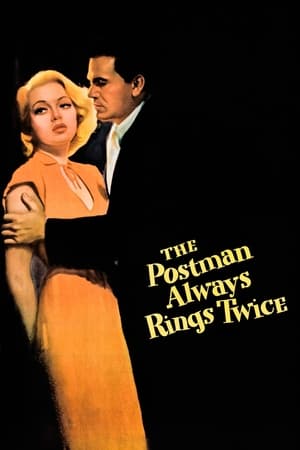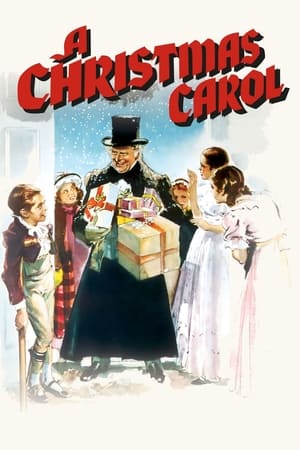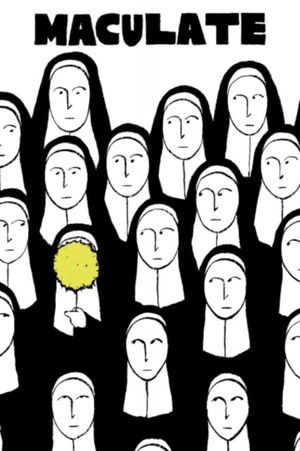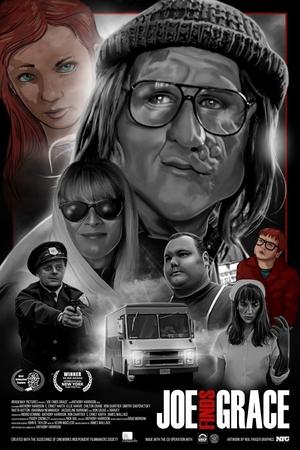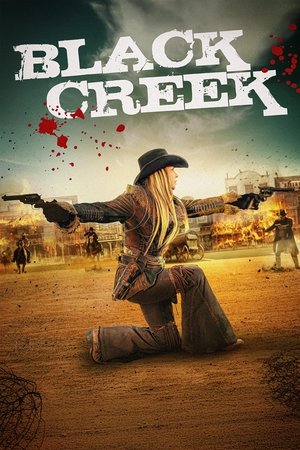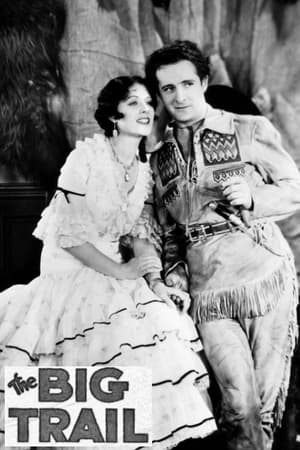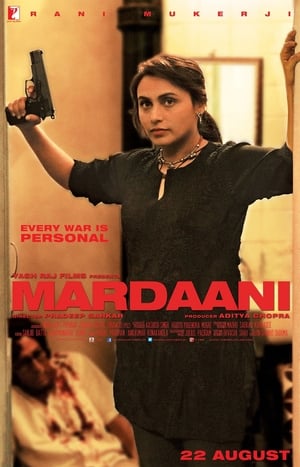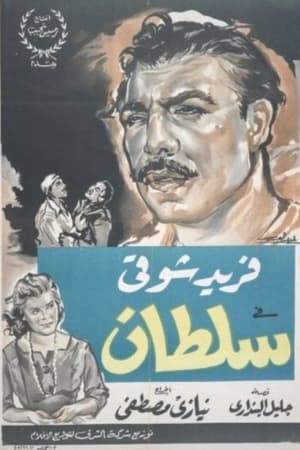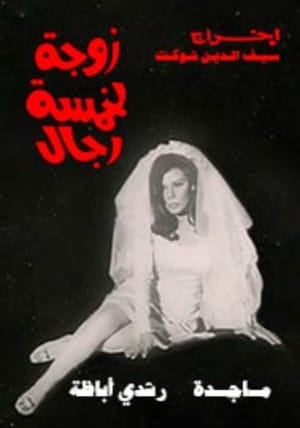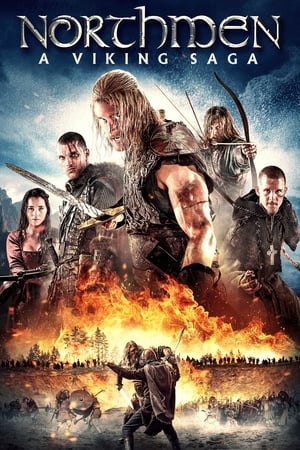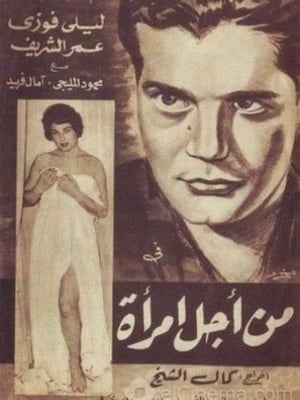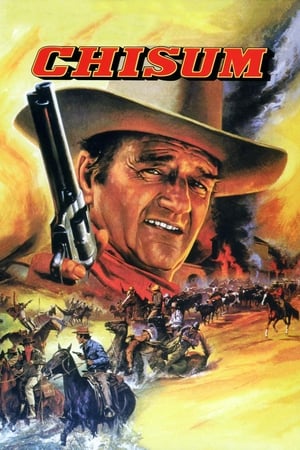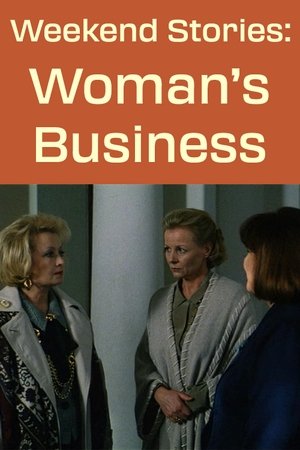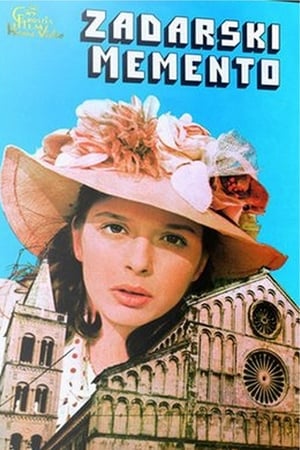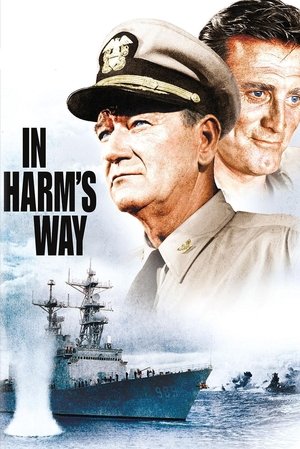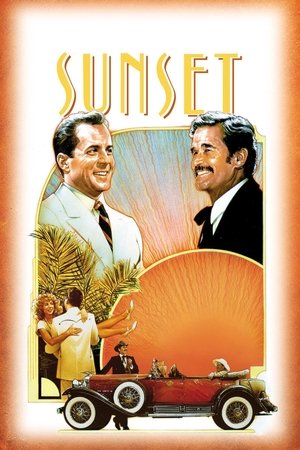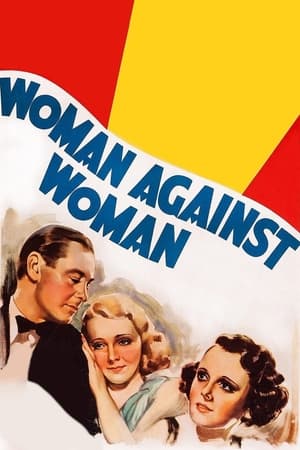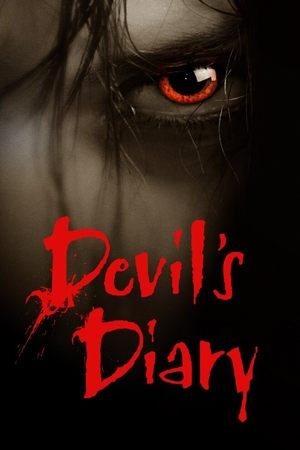Overview
Will Kane, the sheriff of a small town in New Mexico, learns a notorious outlaw he put in jail has been freed, and will be arriving on the noon train. Knowing the outlaw and his gang are coming to kill him, Kane is determined to stand his ground, so he attempts to gather a posse from among the local townspeople.
Reviews
A masterpiece of tightly plotted drama/suspense in what would become The Adult Western. Normally, one is happiest on your wedding day, but former lawman Will Kane is troubled.
An old nemesis is due on the noon train, and his gang is in town to meet him. He's sworn to kill the man who sent him to prison, so the expected action is to flee.
But weighed down with a new bride and traveling in a buckboard, there's no chance of escape.
Seeking help to at least face down the gang, Will Kane returns to town, and finds that everybody either won't or can't Do The Right Thing. The inaction of the town is a thinly disguised parable of The Cold War, with the U.S. standing alone against the Red Menace
As Will Kane walks through the silent town, which he "served and protected" for years, we are left to wonder if we would do the same. 8/10
This is just a dirty little village in the middle of nowhere. Nothing that happens here is really important.
Will Kane (Gary Cooper) is a retiring lawman all set to leave the town of Hadleyville with his new bride Amy (Grace Kelly). But word comes that a notorious gunslinger he put in prison has been released and is heading to town with his gang intent on bloody revenge. With a sense of fearless duty Kane decides to stay and sets about enlisting a posse, however, he finds that nobody in the town that he made safe for everyone will aid him in his mission.
The 1950s saw a big shift in styles for the American Western. After the yee-haw Cowboy Vs Indians excess of the 40s, the decade was ushered in by such films as Broken Arrow. Showing the Native Americans in a sympathetic light, Broken Arrow also showed that clearly Westerns had much more to offer than frothy shoot them up entertainment. Which brings us to High Noon, a black and white Oater that landed in 1952 and is still today revered as a quintessential classic Western. Which is not bad considering there's no gun-play here until the last five minutes of the 85 minute running time.
What makes High Noon so significant is that it's not a big movie in terms of production. There's no reams of extras dashing around in glorious Technicolor, no sprawling vistas inhabited by colourful characters, this is pretty understated stuff. Yet thematically it's as big as it gets, a lesson in character drama where not a frame is wasted. From the unforgettable opening of three bad men (Lee Van Cleef, Robert Wilkie, Sheb Wooley) waiting at the station while Tex Ritter's ballad explains the plot, to the now legendary and iconic ending, High Noon simmers with suspense and intensity as the story unravels - all told in real time too.
Based on a short story called The Tin Star written by John W. Cunningham, High Noon is directed metronomically by Fred Zinnermann and is shot in high contrast by cinematographer Floyd Crosby. Thus the film has a documentary feel to it, giving it an authentic edge so rarely seen in the Western genre. The piece is further boosted by the performance of Cooper. Winning the Oscar for best male performance, Cooper was 50 years old and into his third decade as a movie star. His prancing around in Western days were reducing by the month, yet High Noon shows it to be one of the finest casting decisions made in the 50s. In agony from a back injury and other ailments during the shoot, Cooper carries the movie with brilliant sincerity, conveying the pain of a man now alone as he trundles towards doom. The realisation is that all his heroism and graft that made Hadleyville a safe place for women and children to live, now counts for nothing, it's a heavy weight on Kane's shoulders. It's here where Cooper excels, there's no histrionics or drawn out speeches, it's through expressions and body movements that the story gains its emotional momentum. A remarkable turn from a remarkable actor, proof positive that you didn't need a dashing leading man to propel your movie.
The film notoriously angered Howard Hawks & John Wayne, the themes and the perceived allegory for blacklisting a bone of contention that led to them making Rio Bravo as a riposte in 1959. There's many an essay on High Noon and the links to Senator Joe McCarthy, HUAC etc etc, so really I have no interest in going there. Instead I think it's just fitting to say that Zinnermann himself always resisted talking in terms of allegorical interpretations for his film. He, rightly so, felt to do that would be unfair and dampen the huge significance of his wonderful movie.
Amen to that. 10/10
I am guessing that High Noon is one of those seminal films that influenced the western genre immensely for a long time. The fifties? That is back when we wanted our heroes to be heroic. No greed or cruelty or inconsistent morals were allowed. Marshall Will Kane states near the beginning that he has to stick around for the evil Frank Miller to show up. Then he admittedly has a bit of a wobble when it seems the whole town, including his new Quaker wife, is telling him to leave. It is his time in the wilderness fighting the devil of easy-ways-out, But in the end he is Marshall Will Kane sticking around because it was the right thing to do. Hero time, and it works.
It is not all that works. This movie uses a can’t miss formula to build up suspense. We are told early on that the bad guys will be sauntering into town after the noon train arrives, and then the rest of the way we catch glimpses of clocks to keep us informed about how much longer it will be for the payoff scenes. Tick, tick, tick. The back story of several of the characters is laid out for us while it slowly becomes clear that the Marshall is on his own. I will say no more abut the plot.
You must not watch this with a jaundiced eye. If you find yourself thinking, man, I have seen this or that in so many westerns, remember that those other westerns likely came after this one. Watch it for its craftsmanship in how it tells a simple story expertly, and keep an eye on that clock. Tick, tick, tick.
Gary Cooper is great in this tightly-packed revenge western. Newly married to "Amy" (the sparingly used but effective Grace Kelly) he has decided to stop being the town marshal and live a more peaceful life. It's on that very day, however, that he discovers that the outlaw "Miller" (Ian MacDonald), whom he sent to jail years earlier has been released and is heading back on the noon train to settle some old scores. "Kane" initially concludes that discretion is the better side of valour and decides to skedaddle, but a change of heart sets up a potential conflict that he soon discovers his cowardly townsfolk have little stomach to support him through. Fred Zinnemann allows Cooper and the very effective Thomas Mitchell as the spineless mayor "Henderson" to work well in building up a toxic mix of double-standards and fear whilst always fuelling the anticipation of the inevitable duel that's got to happen at the denouement. Dimitri Tiomkin's score and the Carl Foreman adaptation of the original short story help to keep this taut, exciting and puts this up there amongst the best of the genre. A classic example of concise and engaging storytelling with a strong cast and a solid story.
**When a film becomes a manifesto of political discontent.**
Usually, we are used to seeing extremely virile western films, full of masculine strength and American pride. And in fact the “cowboy” is a symbol of American strength and persistence: he is a loner, individualist, independent, who faces the most arduous situations with tenacity and ingenuity. However, this film is much sadder and even darker: faced with the arrival of a fearsome bandit, willing to take revenge for having been arrested, the sheriff of a Wild West village, who is about to be relieved of his post after a few years of very good and selfless service to the community, asks everyone for help and everyone leaves him to his fate, they even laugh at him! At a certain point, even his wife, the person he cares the most, seems willing to leave him alone in the face of danger. Is it somber enough?
To understand this bitter vision, we need to go back in time and revisit the entire creative process that led to the film's conception. In 1952, the USA was far from being a calm country: while most people feared the expansion of the Soviet threat in the world, Senator McCarthy led a true “commie hunt” in the State apparatus and in cultural and social life because of alleged anti-American activities by members and supporters of the Communist Party. Public inquiries and cleanups gave this period the appearance of an authentic fascist dictatorship and ruined the lives and careers of people who, sometimes, had little or nothing to do with communism. It is no coincidence that Carl Foreman, the film's screenwriter and one of those targeted in this purge, imbued this film with so much disenchantment. Through the abandonment of a fair and honest man, he expressed the resentment and dismay of a large amount of actors and film professionals who, suddenly, found themselves interrogated, humiliated and sometimes ostracized. From this perspective, this film is a true manifesto, deserving its place on the list of relevant films in American history.
The film is short, concise and quite pragmatic in its production. The sets and costumes, the effects and the period recreation, everything follows practical and functional criteria that make it work without trying to surprise. The cinematography, in black and white, is very good and the train arrival, as well as the final fight scene, are particularly memorable. The soundtrack is marked by a sung theme that has become very famous, but which I couldn't help but consider excessively intrusive and annoying after a certain point. In addition to this, we have an effective direction by Fred Zinnemann and a very strong cast, with solid names such as the veteran Gary Cooper, the elegant Grace Kelly and the competent Lloyd Bridges. Each does their job with care, but Cooper deserves a special praise for the way he brought to life a hero who is as human, vulnerable and ordinary as any man. I also enjoyed seeing the dignified Katy Jurado in a very strong role.

 85 min
85 min
 7.661
7.661
 1952
1952
 USA
USA
 Patrick E. Abe wrote:
Patrick E. Abe wrote: